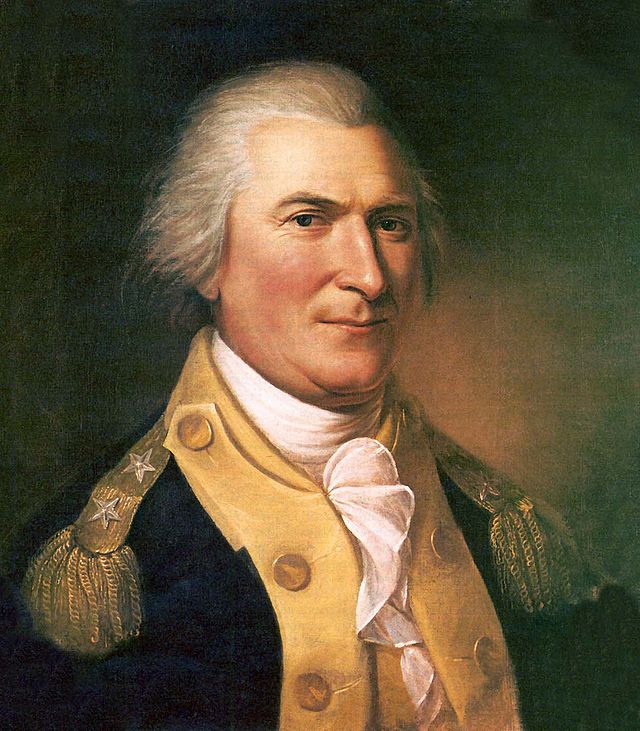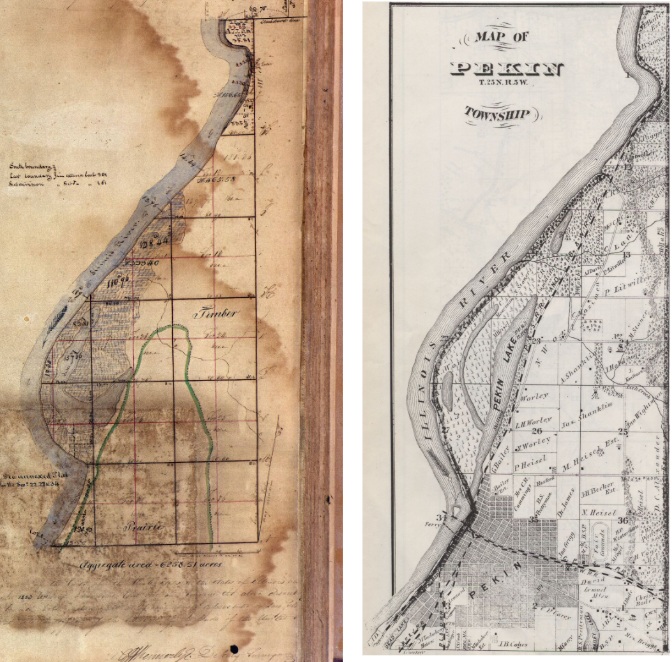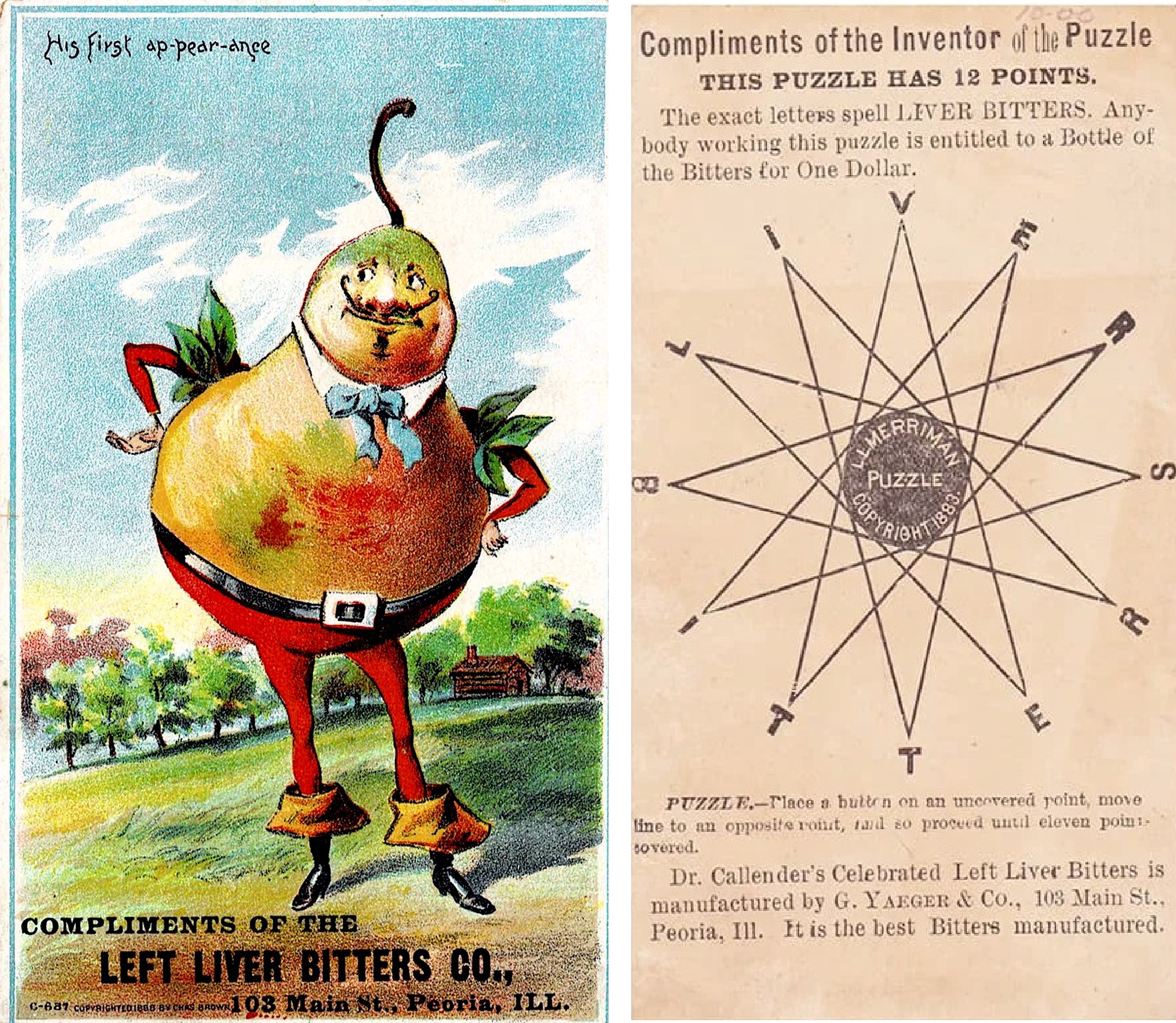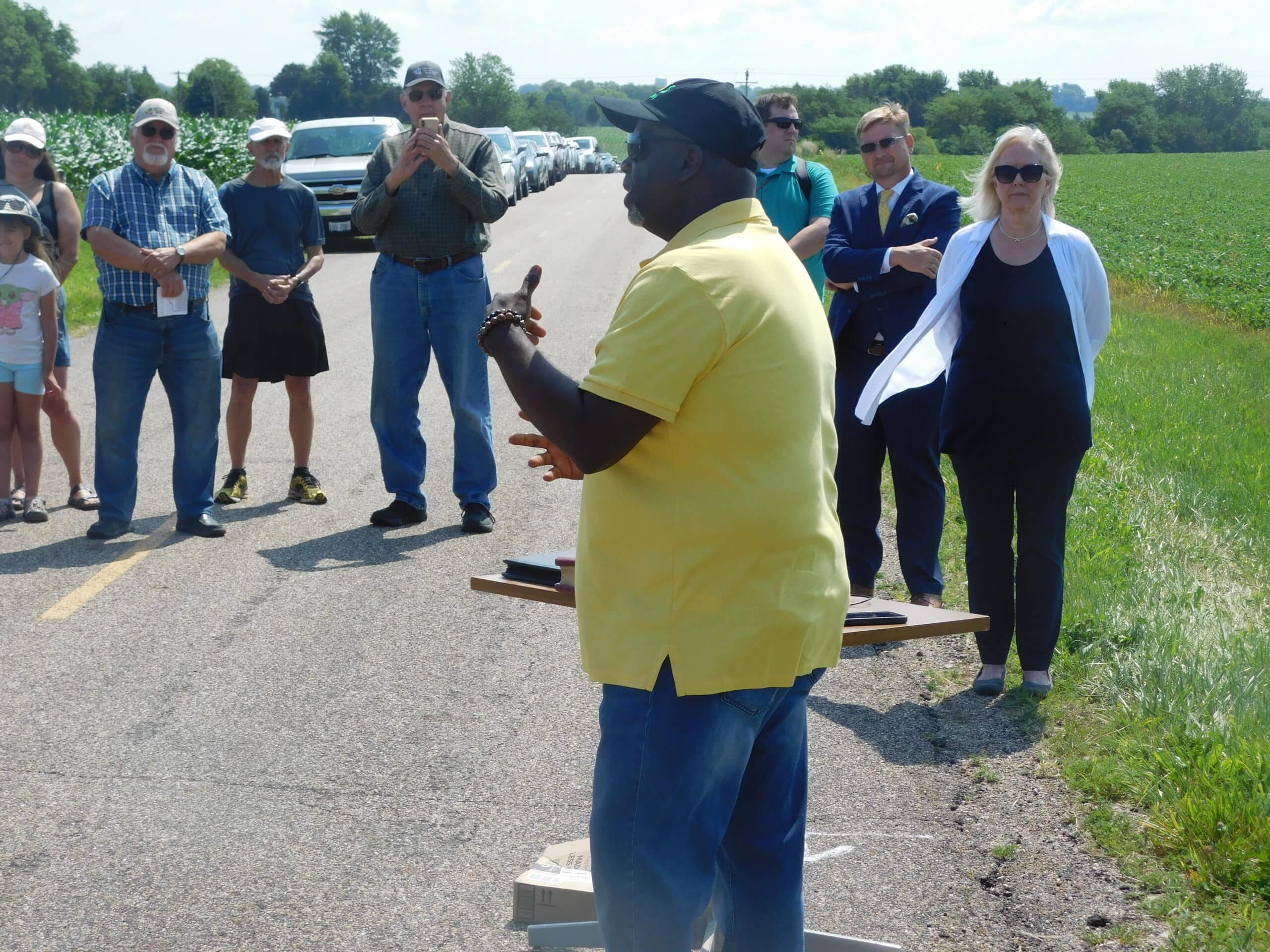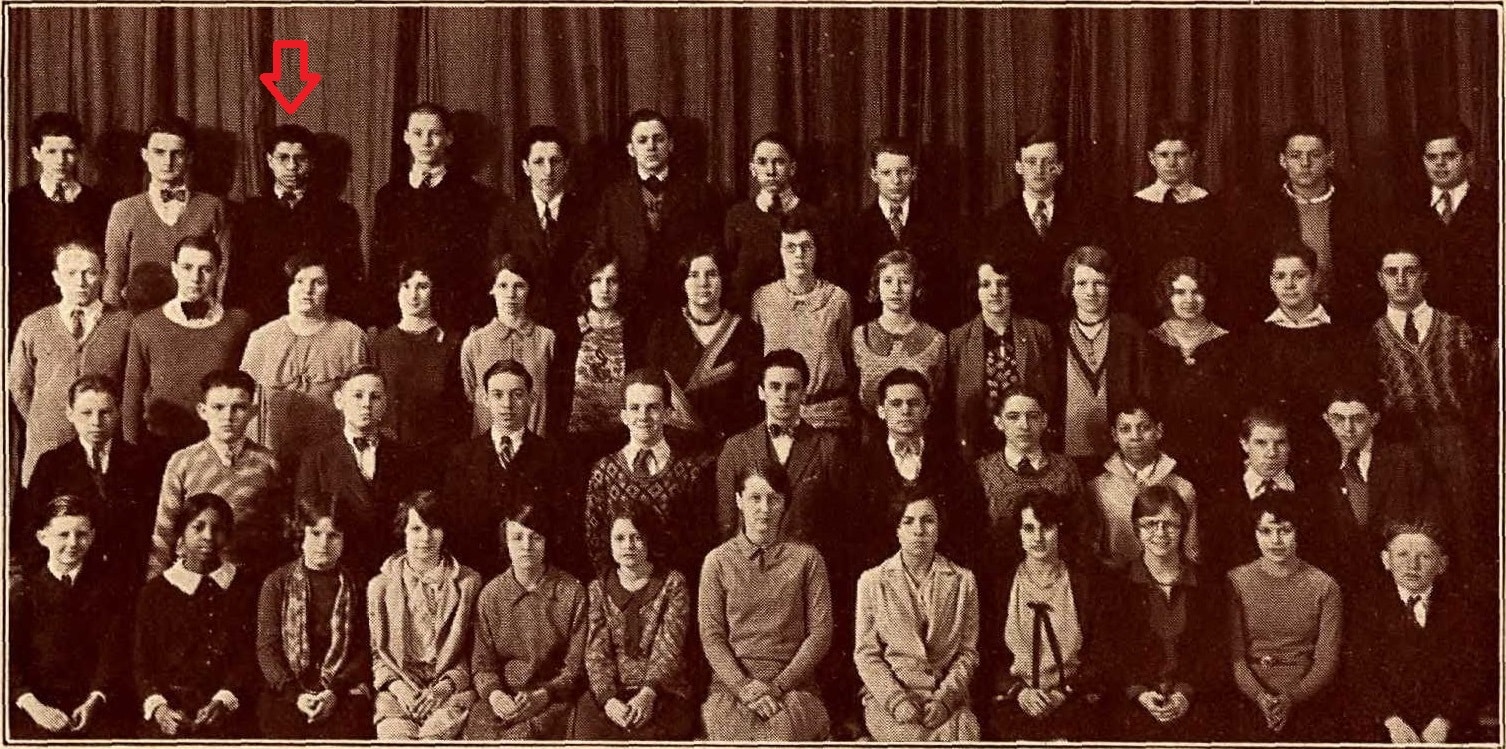This is a reprint of a “From the Local History Room” column that first appeared in June 2014, before the launch of this weblog.
Dirksen’s cloture speech: ‘We are confronted with a moral issue’
By Jared Olar
Local History Specialist
In the summer of 2013, America observed the 50th anniversary of the March on Washington of Aug. 28, 1963, which harnessed and channeled the nation’s cultural, religious and political energies in support of the cause of the civil rights of racial minorities. Then in the summer 2014, the nation commemorated the passage of the Civil Rights Act of 1964, which was signed into law by President Lyndon B. Johnson on July 2, 1964.
As was explained in this column in August 2013, Pekin’s own Mr. Marigold, Sen. Everett McKinley Dirksen, had a central place in the congressional debates and wranglings over the Civil Rights Act, and many historians today, as well as civil rights leaders then, have said that the bill would never have passed without Dirksen’s support.
On June 10, 1964, Dirksen gave a stirring speech on the floor of the Senate calling for his colleagues to vote to end debate on the bill (“cloture”) and proceed to a vote. After the speech, the motion to end debate passed by a vote of 71-29, with the 27 Republican votes cancelling out the votes of the 23 Democrats who opposed the bill. The Senate then approved the bill on June 19 by a vote of 73-27.
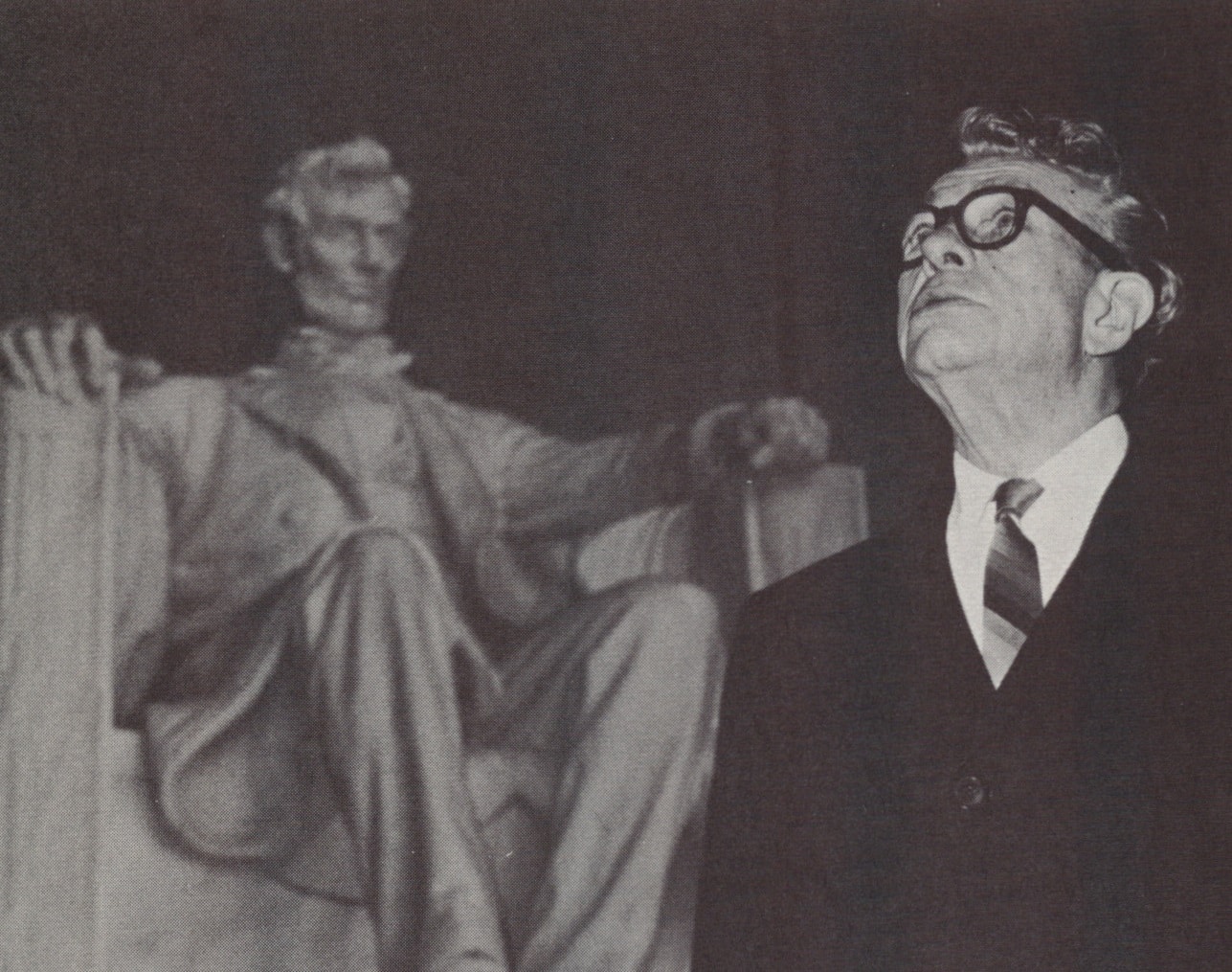
Here are key excerpts from Dirksen’s June 10 speech:
“Mr. President, it is a year ago this month that the late President Kennedy sent his civil rights bill and message to the Congress. For two years, we had been chiding him about failure to act in this field. At long last, and after many conferences, it became a reality. After nine days of hearings before the Senate Judiciary Committee, it was referred to a subcommittee. There it languished and the administration leadership finally decided to await the House bill. . . .
“It is now 4 months since it passed the House. It is 3½ months since it came to the Senate calendar. Three months have gone by since the motion to consider was made. We have acted on one intervening motion to send the bill back to the Judiciary Committee and a vote on the jury trial amendment. That has been the extent of our action.
“Sharp opinions have developed. Incredible allegations have been made. Extreme views have been asserted. The mail volume has been heavy. The bill has provoked many long-distance telephone calls, many of them late at night or in the small hours of the morning. There has been unrestrained criticism about motives. Thousands of people have come to the Capitol to urge immediate action on an unchanged House bill. For myself, I have had but one purpose and that was the enactment of a good, workable, equitable, practical bill having due regard for the progress made in the civil rights field at the state and local level.
“I am no Johnnie-come-lately in this field. Thirty years ago, in the House of Representatives, I voted on anti-poll tax and anti- lynching measures. Since then, I have sponsored or co-sponsored scores of bills dealing with civil rights. . . .
“Today the Senate is stalemated in its efforts to enact a civil rights bill . . . . There are many reasons why cloture should be invoked and a good civil rights measure enacted. First. It is said that on the night he died, Victor Hugo wrote in his diary, substantially this sentiment: ‘Stronger than all the armies is an idea whose time has come.’ The time has come for equality of opportunity in sharing in government, in education, and in employment. It will not be stayed or denied. It is here. . . .
“There is another reason – our covenant with the people. For many years, each political party has given major consideration to a civil rights plank in its platform. Go back and reexamine our pledges to the country as we sought the suffrage of the people and for a grant of authority to manage and direct their affairs. Were these pledges so much campaign stuff or did we mean it? Were these promises on civil rights but idle words for vote-getting purposes or were they a covenant meant to be kept? If all this was mere pretense, let us confess the sin of hypocrisy now and vow not to delude the people again.
“To you, my Republican colleagues, let me refresh you on the words of a great American. His name is Herbert Hoover. In his day he was reviled and maligned. He was castigated and calumniated. But today his views and his judgment stand vindicated at the bar of history. In 1952 he received a volcanic welcome as he appeared before our national convention in Chicago. On that occasion he commented on the Whig Party, predecessor of the Republican Party, and said: ‘The Whig party temporized, compromised upon the issue of freedom for the Negro. That party disappeared. It deserved to disappear. Shall the Republican party receive or deserve any better fate if it compromises upon the issue of freedom for all men?’
“To those who have charged me with doing a disservice to my party because of my interest in the enactment of a good civil rights bill – and there have been a good many who have made that charge – I can only say that our party found its faith in the Declaration of Independence in which a great Democrat, Jefferson by name, wrote the flaming words: ‘We hold these truths to be self-evident that all men are created equal.’ That has been the living faith of our party. Do we forsake this article of faith, now that equality’s time has come or do we stand up for it and ensure the survival of our party and its ultimate victory? There is no substitute for a basic and righteous idea. . . .
“There is another reason why we dare not temporize with the issue which is before us. It is essentially moral in character. It must be resolved. It will not go away. Its time has come. Nor is it the first time in our history that an issue with moral connotations and implications has swept away the resistance, the fulminations, the legalistic speeches, the ardent but dubious arguments, the lamentations and the thought patterns of an earlier generation and pushed forward to fruition. . . .
“Pending before us is another moral issue. Basically it deals with equality of opportunity in exercising the franchise, in securing an education, in making a livelihood, in enjoying the mantle of protection of the law. It has been a long, hard furrow and each generation must plow its share. Progress was made in 1957 and 1960. But the furrow does not end there. . . .
“There is no substitute for a basic ideal. We have a firm duty to use the instrument at hand; namely, the cloture rule, to bring about the enactment of a good civil rights bill. I appeal to all senators. We are confronted with a moral issue. Today let us not be found wanting in whatever it takes by way of moral and spiritual substance to face up to the issue and to vote cloture.”




